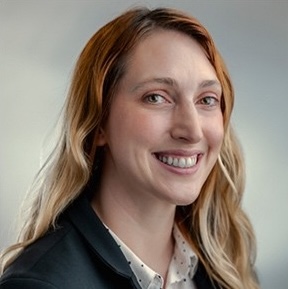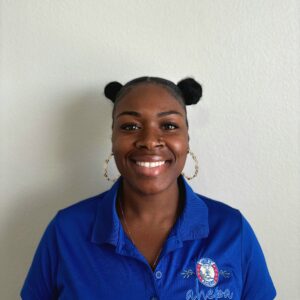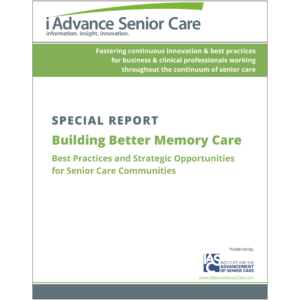Number of Alzheimer’s Diagnoses Reaches 7 Million for the First Time
The Alzheimer’s Association has released Alzheimer’s Disease Facts and Figures, an annual report highlighting new milestones in Alzheimer’s detection and treatment. Notably, the number of Americans living with Alzheimer’s has reached 7 million for the first time. About one in nine people age 65 and older have Alzheimer’s disease. According to the report, by 2050, nearly 13 million Americans could have Alzheimer’s.
The rising number of people living with Alzheimer’s also correlates with higher care costs. Health and long-term care costs for those living with dementia are projected to reach $384 billion in 2025. By 2050, those costs will reach nearly $1 trillion.
The report also shares sobering information on caregiving for individuals with Alzheimer’s. Nearly 12 million Americans care for a family member or friend with dementia, doing so without pay. About one-quarter of those caregivers are “sandwich generation” caregivers who care for an aging parent as well as at least one child. The toll of caregiving for individuals with dementia is high, and can result in emotional, financial, and physical difficulties.
As the population with Alzheimer’s grows, there’s increased need for professional healthcare support that isn’t yet being filled. According to the report, 55 percent of primary care physicians caring for individuals with Alzheimer’s state that there are not enough dementia care specialists in their communities, and half of primary care physicians stated that they don’t feel prepared to effectively care for individuals with Alzheimer’s.
Given the steep projected increase in the number of people with Alzheimer’s in the coming decade, nearly 900,000 additional direct care workers will be needed from 2022 to 2032 to care for individuals with dementia.
What the Rise in Alzheimer’s Cases Means for the Senior Care Industry

Dr. Julius Bruch, co-founder and CEO of Isaac Health
The steady rise in Alzheimer’s cases means an influx in memory care residents for the senior care industry. Currently, the industry is not prepared to handle that volume. Dr. Julius Bruch is co-founder and CEO of Isaac Health, a virtual-first platform for the diagnosis and treatment of memory conditions like Alzheimer’s and other dementias. He says the senior care industry will have to expand and evolve in several ways.
“We’ll see increasing demand for dedicated memory care units, but physical expansion alone won’t be enough,” he says. “Facilities will need to integrate specialist medical services—like Isaac Health’s virtual memory clinic model—to bring neurologists, geriatric psychiatrists, and cognitive care pathways directly to residents, whether in person or via telehealth. The future of memory care won’t just be about beds—it’ll be about access to high-quality, expert-led dementia care wherever the person lives.”
Growing the Professional Caregiver Network

Dr. Erin Richardson, OTD, OTR/L, corporate director of Healthy Aging & Functional Ability program at Sun Health
As the demand for Alzheimer’s care grows, the memory care industry will require an increasing number of caregivers. Dr. Erin Richardson, OTD, OTR/L, corporate director of the Healthy Aging & Functional Ability program at Sun Health, says having ongoing training and support available to professional caregivers is essential as the industry faces increased demand.
“Memory care requires a specialized skill set and when team members are confident, knowledgeable, and supported, the quality of care rises,” she explains. “We also see a strong correlation between resident happiness and staff satisfaction. When caregivers feel empowered and connected to their work, it creates a positive effect throughout the entire community.”
Dr. Bruch predicts that technology may help close the caregiver gap. “Tools like AI-powered care assistants can guide staff through real-time behavior support, while wearables like fall detectors, and remote monitoring allow specialists to support care teams from afar,” he says. “Even cognitive assessments can now be done via tablet by non-clinical staff, with results reviewed by experts remotely. By using tech to extend the reach of specialists all the way into the member’s home or community, we can empower a broader workforce to deliver high-quality memory care, even without years of experience.”
As Alzheimer’s diagnoses increase, the industry will need to be prepared for the growing residential memory care demands that result. Dr. Bruch believes that strong partnerships across the senior care, healthcare, and technology fields will be key. “Communities that embrace innovation, invest in caregiver support, and bring specialty care closer to the point of need will be the ones that truly rise to meet this moment,” he says.

Paige Cerulli is a contributing writer to i Advance Senior Care.
Related Articles
Topics: Alzheimer's/Dementia , Facility management , Featured Articles , Operations , Staffing , Training











